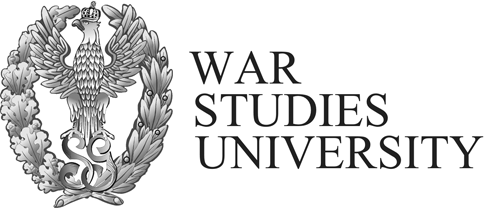Online first
Current issue
All issues
About
Aims and scope
Peer review process
Publication policy and ethics & malpractice statement
Editorial Board
Reviewers
Publisher
Guide for authors
Call for papers
Book Reviews
Special Issues Archive
New and emerging technologies in defence education, training and governance
The historical and theoretical evolution of collective security (including in the Baltic Sea region) from the 1648 Westphalia Peace to Woodrow Wilson’s 1920 League of Nations
Publication date: 2016-03-31
Security and Defence Quarterly 2016;10(1):75-98
KEYWORDS
Thirty Years WarHoly Roman EmpireCardinal de RichelieucollectivesecurityWestphaliaBaltic Sea RegionCentral EuropeCongressConcert of Europechartercovenant& League of Nations
ABSTRACT
Modern political thinkers have ushered in the theoretical concepts of modern alliances
and collective security/defense. Before these political theories were turned into modern
organizations, many radical changes had to take place in how international relations were
perceived in Europe and the world. These dynamic changes started at the end of the Thirty
Years War, with the signing of the Westphalia treaties in 1648, and came to fruition with the forming of the League of Nations in 1920. This article explores this 272 year historical
process including its impact on the population of the Baltic Sea countries.
CITATIONS (1):
1.
United Nations and peacekeeping: revisiting Ghana’s contribution to peace and security in Africa
Isaac Nunoo, Maxwell Oduro-Appiah
SN Social Sciences
Isaac Nunoo, Maxwell Oduro-Appiah
SN Social Sciences
Share
RELATED ARTICLE
We process personal data collected when visiting the website. The function of obtaining information about users and their behavior is carried out by voluntarily entered information in forms and saving cookies in end devices. Data, including cookies, are used to provide services, improve the user experience and to analyze the traffic in accordance with the Privacy policy. Data are also collected and processed by Google Analytics tool (more).
You can change cookies settings in your browser. Restricted use of cookies in the browser configuration may affect some functionalities of the website.
You can change cookies settings in your browser. Restricted use of cookies in the browser configuration may affect some functionalities of the website.




